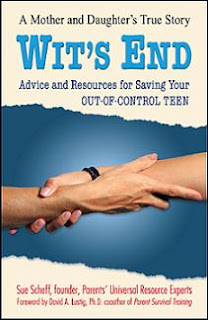
It’s the stuff attention deficit disorder (ADD ADHD) days are made of: You’re trying to get your daughter to finish her homework, but she insists on doing cartwheels across the living room. Or you’ve already had two big dustups with your son — and it’s only 9 a.m.
Sound familiar? Parents of ADHD children have a lot on their plates. And while doctors, therapists, and ADD coaches can offer helpful guidance, much of the best, most practical advice on parenting ADD children comes from those who have been there, done that.
In other words, from other ADHD parents.
For this article, ADDitude asked members of support groups across the country (both live and online) for their tried-and-true parenting skill tips for monitoring behavior problems, disciplining and smoothing out the daily rough spots. Here’s what they said.
In many families, the friction starts soon after the alarm clocks sound. It’s not easy to coax a spacey, unmotivated ADHD child out of bed and into his clothes; the strategizing required to get the entire family fed and out the door on time would test the mettle of General Patton.
Getting off to a slower start can make all the difference, say parents. “We wake our son up a half-hour early,” says Toya J., of Brooklyn, New York, mother of eight-year-old Jamal. “We give him his medication, and then let him lie in our bed for a while. If we rush him, he gets overwhelmed — and so do we. Once the meds kick in, it’s much easier to get him going.”
Some parents aren’t above a little bribery. “In our house, it’s all about rewards,” says Jenny S., of New York City, mother of Jeremy, age seven. “Every time we have a good morning, I put a marble in the jar. For every five marbles, he wins a small reward.”
Amy B., of Los Angeles, mother of Jared, age seven, is another believer in reward systems. “If the TV is on, it’s impossible to get him moving. Now the TV stays off until absolutely everything is done and he’s ready to go. He moves quickly because he wants to watch that television.”
Another way to keep your morning structured and problem-free is to divide it into a series of simple, one-step tasks. “I’m the list queen,” says Debbie G., of Phoenix, mother of Zach, 10. “I put a list on his bedroom door that tells him step-by-step what he needs to do. I break his morning routine down into simple steps, like ‘BRUSH TEETH,’ ‘MAKE BED,’ ‘GET DRESSED,’ and ‘COME DOWNSTAIRS FOR BREAKFAST.’ The key is to make it easy to follow.”




